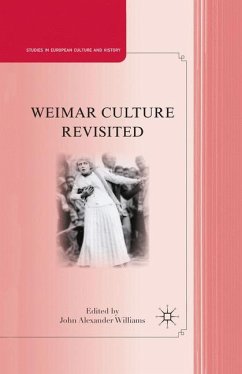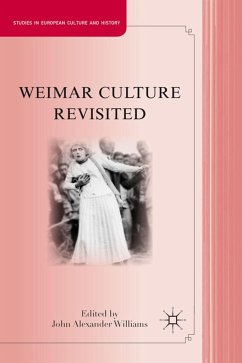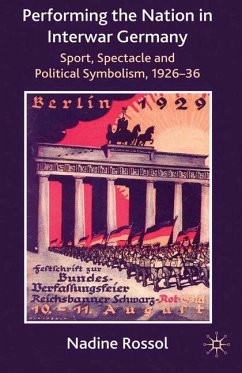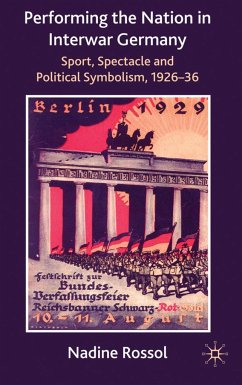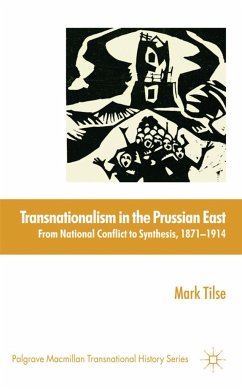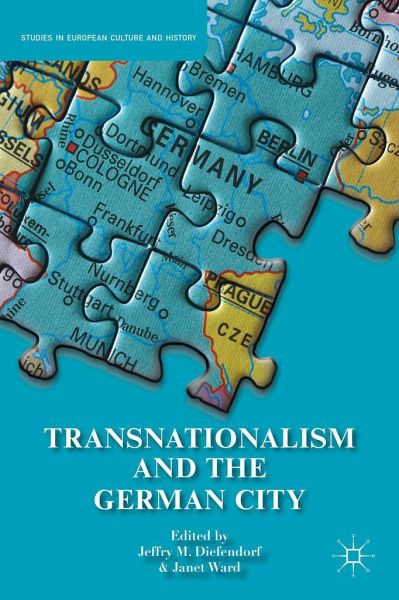
Transnationalism and the German City
Versandkostenfrei!
Versandfertig in 6-10 Tagen
38,99 €
inkl. MwSt.

PAYBACK Punkte
19 °P sammeln!
Too often, scholars treat transnationalism as a conflict in which the local, regional, and national give way to globalized identity. As these varied studies of German cities show, though, the urban environment is actually a site of trans-localism that is not merely oppositional, but that adapts itself dialectically to the forces of globalization.





